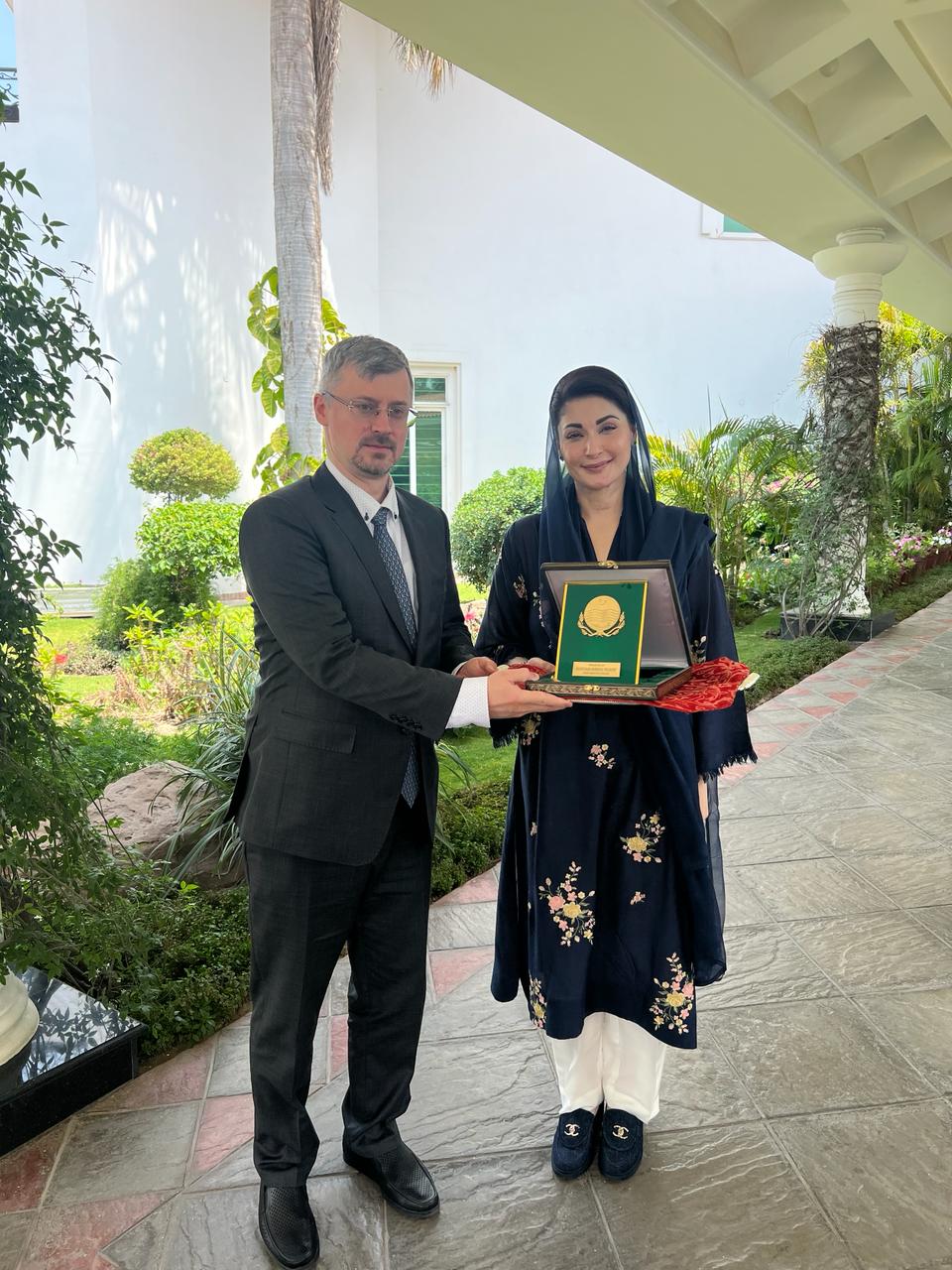Syria’s Crisis and the Global Response
By Arif Sheikh
After the ouster of President Bashar al-Assad, Syria is witnessing instability, while Israel has taken advantage of the situation by launching a major attack on defensive targets near Damascus. Israel has also announced the capture of more territory in the buffer zone of the Israeli-occupied Golan Heights. Meanwhile, Prime Minister Shehbaz Sharif has reached out to Lebanon’s Prime Minister by phone, seeking assistance in evacuating Pakistanis stranded in Syria via Beirut.
When will this war in Syria bring peace? If the conflict morphs into a new form, how will it impact the Middle East? These critical questions await answers from the future. Currently, the possibility of a new war erupting in the region cannot be ruled out, potentially posing serious threats to long-standing members of the Middle East in the initial stages.
The United States is focusing on Syria’s chemical weapons to prevent them from falling into the wrong hands. In this regard, the U.S. is taking cautious measures and maintaining communication with Turkish authorities. The U.S. aims to establish a stable new Syria and believes Syrian rebel leaders have provided credible statements so far, suggesting that some level of U.S. policy may support the rebels. While avoiding speculation about the future of Russian bases in Syria, the U.S. acknowledges that this issue will raise significant global political and strategic questions.
Saudi Arabia, Iran, and Qatar have criticized Israel’s territorial expansion and attacks on Syria, while Egypt has termed Israel’s actions in the Golan Heights an open provocation. According to Israeli media, this is the first time since the 1974 agreement that Israeli forces have entered the buffer zone.
The potential arrival of Bashar al-Assad in Russia and the likelihood of him being granted political asylum may concern the U.S. and Western nations. Assad’s downfall could shift the regional influence of countries like Iran, Turkey, and Saudi Arabia, impacting the political balance of the Middle East.
The sudden developments in Syria have left many people deeply anxious. Many fear that the ongoing conflict could engulf the entire Middle East in flames, raising questions about where this war will end and whose destiny will next be shaped by rebellion and devastation.
Major powers like Iran and Russia back Assad, while Western countries and Arab states support their proxies, leaving innocent Syrians caught in the crossfire. The reality is that global powers are fighting for their own interests in Syria, with each seeking to keep the fire of civil war burning to sell weapons and exploit resources. Western nations, particularly the U.S. and the European Union, view this transition as an opportunity to establish stability and democracy in Syria. Conversely, global powers like Russia and China are striving to safeguard their interests.
The fall of Assad’s regime could pave the way for Syrian refugees to return home, addressing a major international crisis. However, the actual impact will depend on Syria’s internal conditions, global community actions, and broader regional dynamics. This moment marks a critical juncture in Syria’s history. How Syria and neighboring countries handle this transformation will determine the outcome.
For the Syrian people, this could signal the beginning of a new political, social, and economic era. However, this will hinge on the new government’s ability to address public grievances and establish an inclusive system. If the transition moves forward with effective political leadership and public participation, Syria could not only heal from the wounds of civil war but also serve as a positive example for the Middle East.




